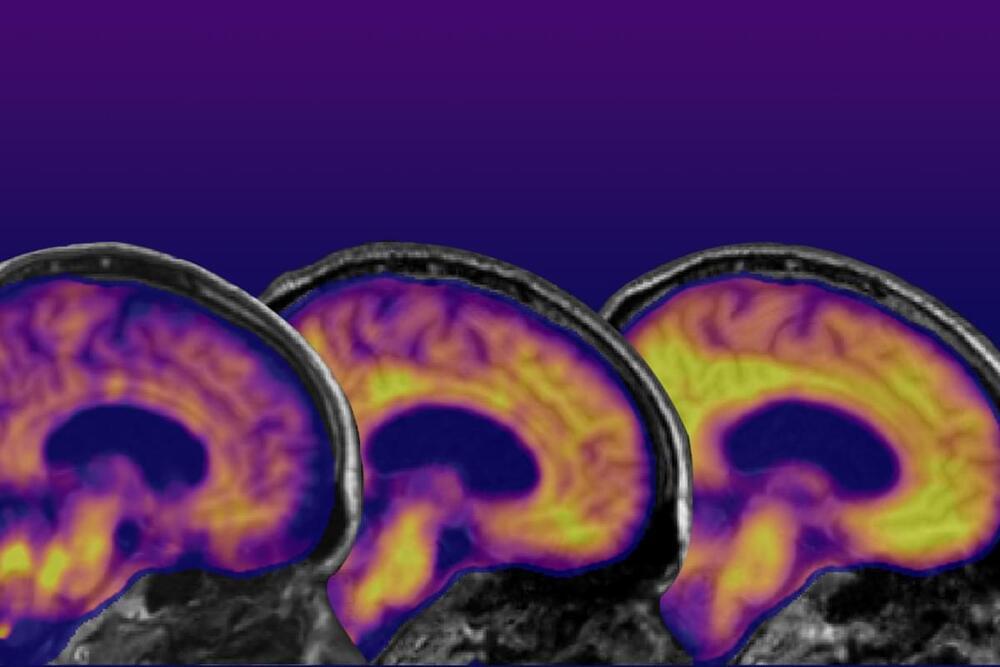A new episode of our podcast, “Show Me the Science,” has been posted. These episodes feature stories about groundbreaking research, as well as lifesaving and just plain cool stuff involving faculty, staff and students at Washington University School of Medicine in St. Louis.
In this episode, Washington University researchers discuss the Food and Drug Administration’s recent full approval of the drug Leqembi (lecanemab) and what it could mean to the future of Alzheimer’s disease treatments. The drug is approved for use in people with mild dementia from Alzheimer’s disease, but researchers at Washington University’s Charles F. and Joanne Knight Alzheimer Disease Research Center (ADRC), believe the drug, along with other medications in clinical trials, one day may help prevent the development of memory loss and problems with thinking in people who have Alzheimer’s pathology in the brain but who have not yet developed clinical symptoms of the disease.
Barbara Joy Snider, MD, PhD, a professor of neurology and director of clinical trials at the Knight ADRC, says that although Leqembi doesn’t cure Alzheimer’s disease, it slows the decline in memory and thinking, and it also slows the progression of the disorder by removing some amyloid plaques from the brain.
